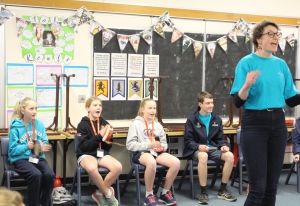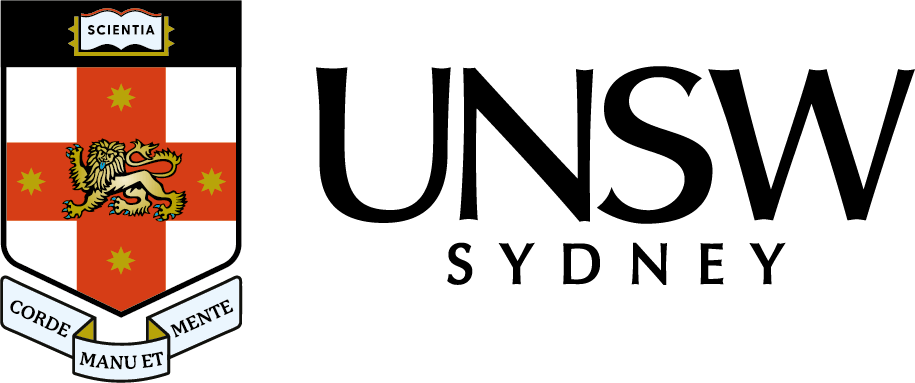On Tour with ASPIRE - Gilgandra NSW

In July, the Music Performance Unit joined UNSW’s ASPIRE team to deliver music workshops in Gilgandra, country NSW. ASPIRE is an award-winning outreach program working in communities where the number of school students who go on to university is low. Their aim is to help students discover the options available to them when they leave school and going to university could be one of them. The ASPIRE School Holiday program is a two-day academic enrichment opportunity for Years 4 to 8 , held in regional NSW. Students participate in coding, sport, science, art and music to discover the possibilities outside their environment and increase awareness of skills and interests.
MPU’s Operations and Communications Assistant Alex Siegers delivered three music sessions over two days to approximately one hundred and fifty students aged Year 4 through to Year 7. The workshops included body percussion and singing and led to a community performance.
We sat down with Alex and asked her about her time in Gilgandra. Alex said “with students hailing from Gilgandra High, Gilgandra Public, St Joseph’s and Gulargambone Central Schools, deciding on a 75-minute workshop activity for what I was sure would be an incredibly diverse group of students was a challenge. I wanted to find a way of engaging these students whether they had been exposed to classical music or not; whether they had knowledge of music theory or not; whether they enjoyed singing or not; and whether they had played an instrument before or not. “
The students learned Hey Yo by Australian composer Lisa Young which is based on an Indian vocal percussion called konnakol. The piece combines singing with vocal percussion. Continuing, Alex added they “also learned how to play rhythms on several different hand percussion instruments while they sang”. The main goal of the sessions was to pull together a performance of the Ten Step Sasa, a sequence of ten body percussion patterns which increase in difficulty from one to ten. “I wasn’t sure that the groups would be able to memorise all ten steps in one session, but the students absolutely blew me away. It was wonderful seeing children practising their body percussion on their lunch breaks and excitedly showing their siblings at the end of the day. We also discussed different ways that music can be a part of your life after school: studying a music degree, joining a music club or society, joining a community music group, or watching a concert.”
Thank you to ASPIRE for letting the Music Performance Unit be part of these student’s journey.
